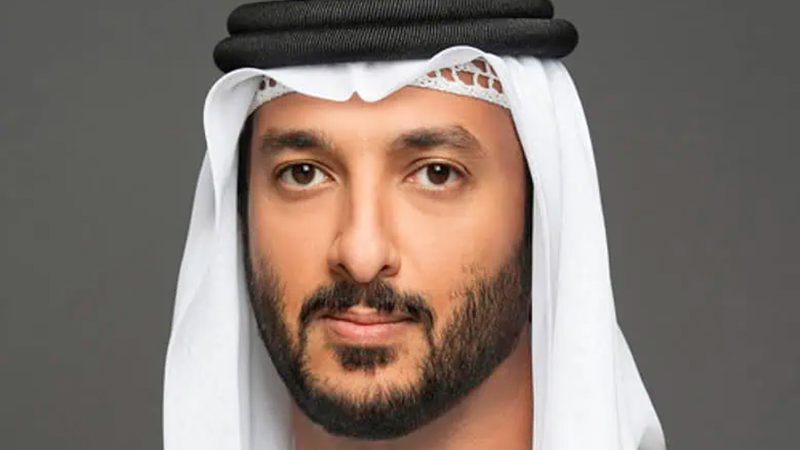The cordial relations between India and the United Arab Emirates (UAE) have grown significantly in the last decade or so. It would only be fair to say that India and the UAE share a strong bond that keeps the bilateral relationship going. Politically, frequent visits by authorities at the highest level have ensured that both the countries stay well on the diplomatic front.
Following the signing of the Comprehensive Economic Partnership Agreement (CEPA) and its implementation, India and the UAE are experiencing remarkable progress on the economic front as well.
In this scenario, the UAE Economy Minister, Abdulla bin Touq Al Marri’s recent visit to Chennai along with his delegation holds significance. In Chennai, Al Marri met the State’s Chief Minister, M.K. Stalin, to explore business and investment opportunities in Tamil Nadu.
Al Marri, in his public comments, also noted the role played by CEPA in accelerating trade between India and the UAE. “The year 2022 was a big year for both the UAE and India, when Union Minister Piyush and I signed the Comprehensive Economic Partnership Agreement in February, which came into effect in May. Two years down the line, there has been a 15% growth in trade between the two countries,” he said.
Trade between the two countries has grown by 16.41% with total trade shooting up from $72.87 billion in 2021-2022 to $84.84 billion in 2022-2023 from when CEPA came into force.
The Emirati delegation also visited the Indian Institute of Technology (IIT) in Chennai. The IITs are India’s premier education institutions, which have produced some of the world’s leading CEOs. Sundar Pichai who heads Google, and Ajay Banga, the President of World Bank, are the alumni, to name a few.
For the UAE, India today is a great destination for investment in various sectors. The Emirati focus is on public and private sector partnerships in advanced industries. Renewable energy remains another focus area in this cooperation. The UAE minister also pointed out that Tamil Nadu is one of the largest States that the UAE is looking at currently, in terms of investment prospects. This can be expected as Tamil Nadu today is India’s second largest exporter of software, second only to Karnataka. The State is also known for its engineering and automobile sectors.
The visit of the UAE minister and his delegation to Tamil Nadu is also interesting because it shows how the UAE is now reaching out to other Indian States as individual players. For a long time, Indian policies were largely Delhi-based or operating out of the capital city. This then is also a positive indicator of external actors engaging directly with the Indian States, which will result in faster and more effective economic engagement. “There are a lot of similarities between the UAE and Tamil Nadu. Talent is key for both economies to thrive, and is an area to focus on,” Al Marri said during this visit.
The minister, while talking to an Indian media publication, also pointed out that earlier this year, India and the UAE signed an agreement to increase cooperation between the two countries in areas such as clean energy, electricity grid connectivity and green hydrogen. He also stated that a consortium led by the UAE’s Mubadala and BlackRock Real Asset invested $525 million in a subsidiary of Tata Power to create India’s most comprehensive renewable energy platform.
The India-UAE relationship today is also being tested given the tensions in the region, post the October 7 horrific attack by Hamas on Israel. The region continues to remain tense and some projects are experiencing the brunt of it. Yet, trade and bilateral cooperation between India and the nations of the Gulf have seen growth. India’s ties with Saudi Arabia and the UAE, in particular, have been on an upswing. The UAE minister’s visit, seen from that context, indicates continuity in ties with Modi 3.0 and also the interest of the UAE to further its investments in India. This promises to be a win-win formula for both nations involved. – Simran Sodhi is Executive Editor of nrifocus.com


Leave a Reply